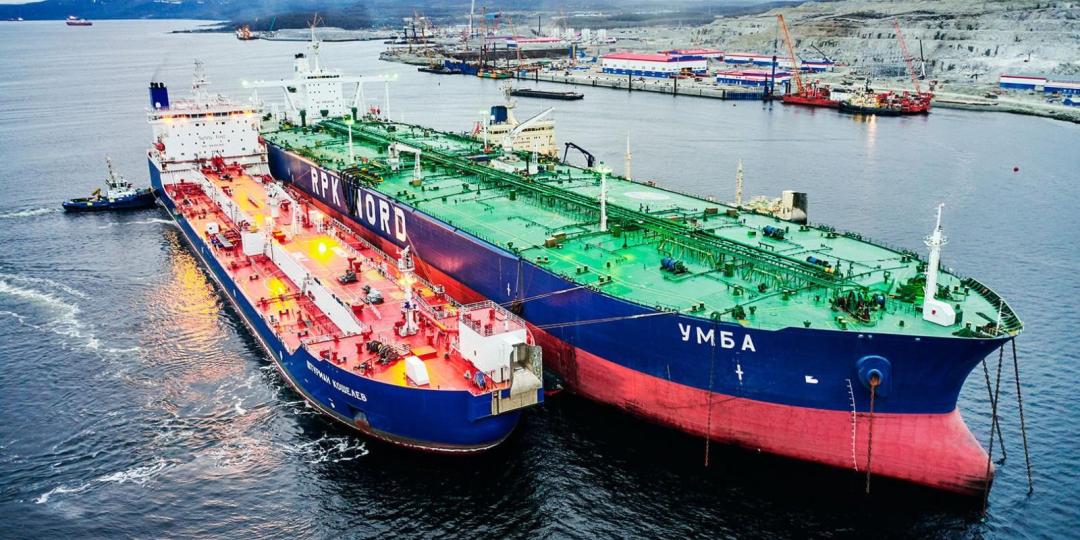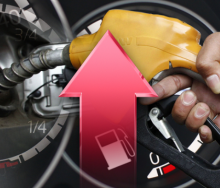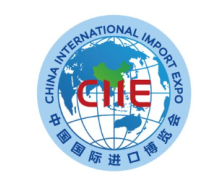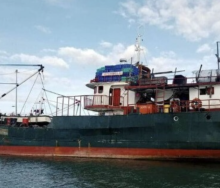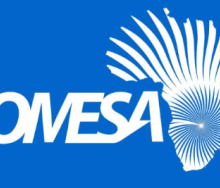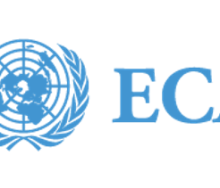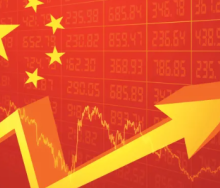S&P Global Market Intelligence has released a White Paper detailing the sanctioned exports of Russian oil, particularly who is buying, transferring and shipping the oil.
This comes after it has emerged that many countries are still trading with Venezuela, Iran and Russia, despite international sanctions.
The paper estimates that the Russian shadow fleet currently consists of 443 tankers, each capable of carrying more than 10 000 tonnes.
The broader risk of the Russian sanctions and the oil price cap is said to be weighing on more than 1 900 ships of varying nationalities, often becoming involved through Russian ownership or registration, by visiting a Russian port, or by engaging in ship-to-ship transfers (STS) in Russian waters or with Russian ships.
Of these 1 900 ships, the report found that the majority were Greek, Indian and Chinese-owned ships, and many state-owned ships from countries such as Liberia, the Marshall Islands, Panama, Malta, Greece and Saint Kitts and Nevis had been visiting Russian ports in 2023.
The Port of Cueta in Morocco has also been noticed as a hot-spot for Russian oil STS transfers, averaging 18 transfers per month between October 2022 and January this year, with ships from Marshall Islands, Panama, Cameroon, Belize and Liberia for transportations to destinations such as Brazil, China, India, Tunisia and the UAE.
These STS transfers are also occurring in the Southern Peloponnese region of Greece, and in waters close to the South Korean Yeosu port.
By the end of February, it was reported that 33% of ships that docked at or were close to Venezuela’s port were participating in dark activity and were transporting Russian crude oil along Russian trade routes.
“Within the list of tankers moving from Venezuelan routes across to Russian ones, the most representative ship nationality is Cameroon.
“Since the Russian invasion of Ukraine, vessels are moving to the Cameroon flag in the hope that suspicious vessel practices, including membership of a shadow fleet, would not be regularly scrutinised or inspected,” the White Paper said.
